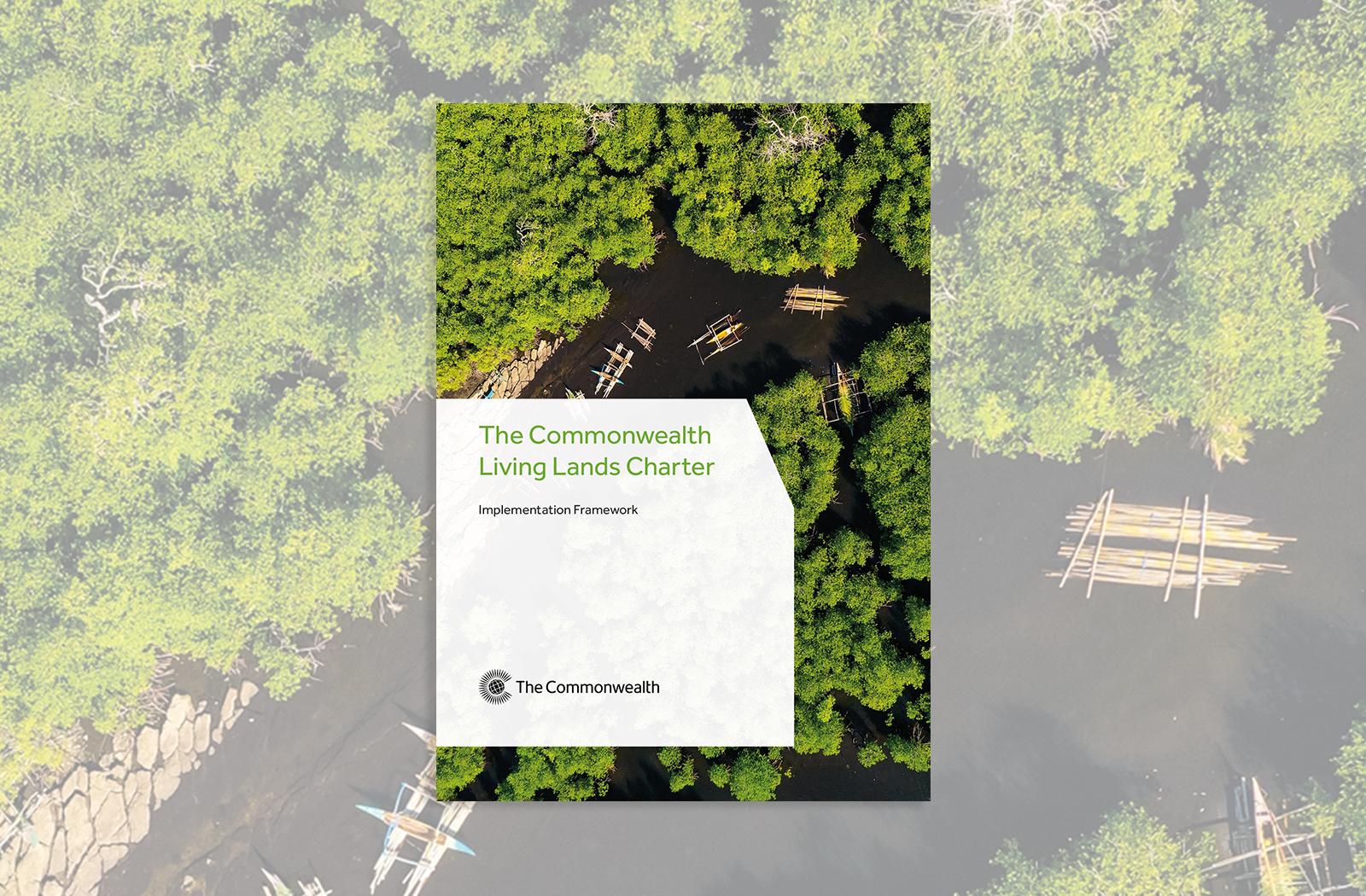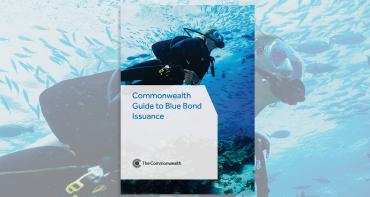On current trends, 95 per cent of the Earth’s land areas could become degraded by 2050. Similarly, despite ongoing efforts, biodiversity is deteriorating at a global scale, and this decline is projected to continue or worsen. Further, climate change puts the well-being of billions of Commonwealth citizens at risk, especially those residing in small island developing states (SIDS) and other vulnerable states. Collectively, these challenges will impede the achievement of the 2030 Sustainable Development Goals (SDGs) throughout the Commonwealth.

In Kigali, Rwanda, at the June 2022 Commonwealth Heads of Government Meeting (CHOGM), the Commonwealth leaders adopted the Living Lands Charter – A Commonwealth Call to Action on Living Lands (CALL), in recognition of the challenges associated with biodiversity loss, land degradation and climate change. The Charter engenders the 56 member countries to synergise implementation of the commitments and targets agreed under the three Rio Conventions, harnessing co-benefits in pursuit of a shared vision of living in harmony with nature. The Living Lands Charter has the potential to accelerate implementation of the 2030 Agenda for Sustainable Development, as has been recognised by member countries.
This Implementation Framework responds to the mandate given by the leaders to the Secretariat for CALL. This framework has been developed through a review of literature; as well as through consultations with member countries, Commonwealth accredited institutions and other partners, including the three Rio Conventions. These consultations were informed by available scientific evidence, needs and proposals for an overall strategy and approach to implementation, as well as actions on the identified themes.



